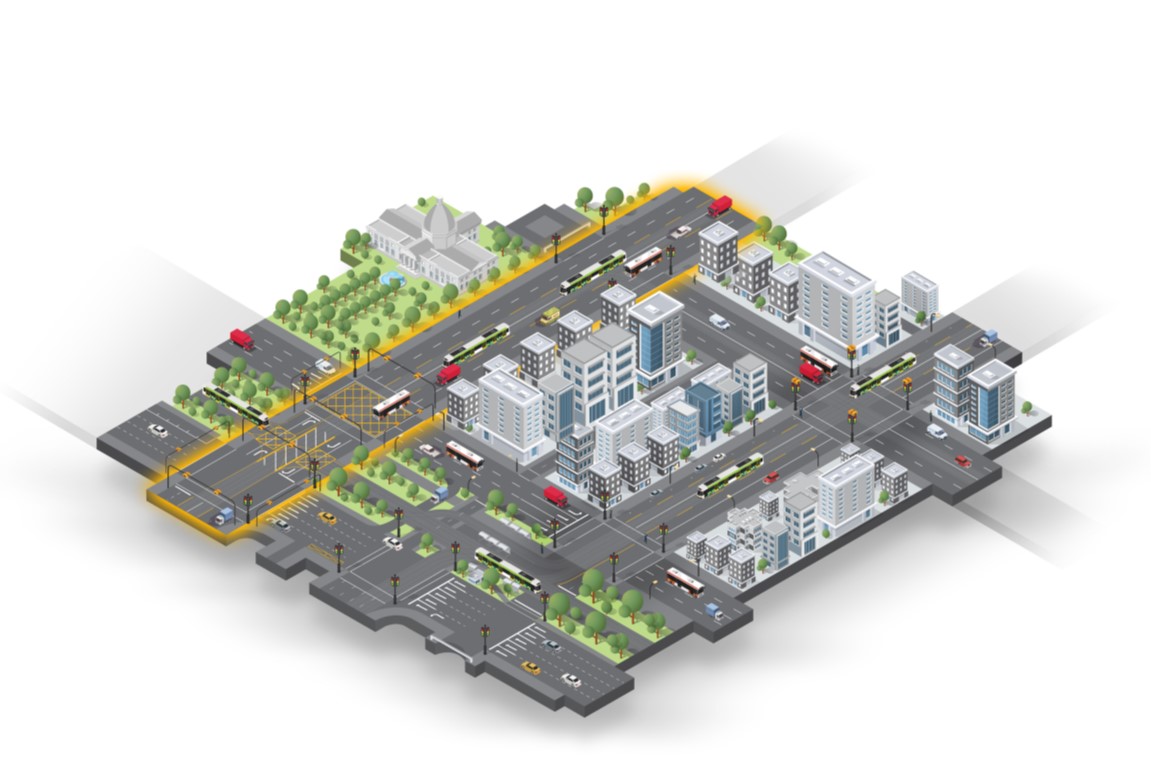
A section of a busy road in Melbourne, Australia, has opened as an 'intelligent corridor' showcasing the latest in traffic technology to help reduce congestion and improve safety.
The initiative from the University of Melbourne, Kapsch TrafficCom and the Victorian Department of Transport (VDoT) covers a 2.5km section of Nicholson Street between Alexandra and Victoria Parades in the Carlton district of the city.
Part of the Australian Integrated Multimodal EcoSystem (Aimes) project, it will use Kapsch's corridor management platform EcoTrafiX, with sensors, cloud-based AI, machine learning algorithms, predictive models and real time-data capture to improve traffic flow.
Matthew McLeish, the Austrian firm's executive vice president for Asia Pacific, said: “From connected vehicles to autonomous driving to integrated mobility management, this technology is laying the groundwork for a sustainable and congestion-free future, utilising the very best in multimodal demand management technologies."
The hope is that it will ease congestion, improve road safety for all road users - including pedestrians and cyclists - and cut emissions.
“The city has faced an increasing volume of road users over the past few decades, leading to delays and an increasing number of accidents," said Niloo Karimi, VDoT director of signal services.
"Now, academic researchers, industry and government will draw on connected transport technology to explore better outcomes and solve issues of safety and congestion to create a safer, cleaner and smarter transport future for Melbourne."
Urban congestion costs the Australian economy $16.5 billion in travel delays every year, according to Infrastructure Australia’s Infrastructure Audit Report 2019.
Majid Sarvi, Aimes director and Professor of Transport Engineering at the University of Melbourne, said the corridor will provide a model for cities around the world to reduce the costs of urban congestion.
“In Melbourne alone, 492 people lost their lives in crashes at urban intersections - with more than half of these being pedestrians, cyclists or motorcyclists - between 2006 and 2019," Sarvi says.
"Our Intelligent Corridor will use the latest technology to better manage traffic and make our roads safer for everyone."


















